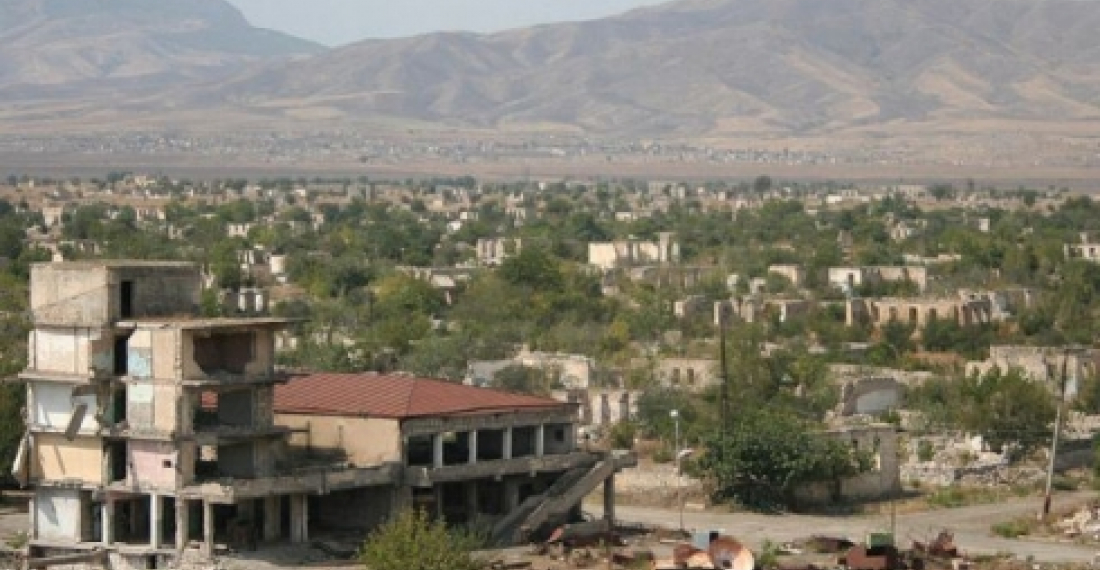There are reports that Armenia is conducting large scale military manoevres near the Agdam sector of the line of contact in the areas of Shahbulag and Uzundara in the Nagorno-Karabakh conflict zone.
The reports are from Azerbaijani sources and have not yet been confirmed by the Armenian side. The Azerbaijani News Agency APA says that artillery and armoured cars are being used in the manoevres which it says started at 9.30 local time on Friday morning, and that loud explosions have been heard.
Military manoevres in this area are not unusual, especially in the summer. Both Armenia and Azerbaijan keep their military forces facing each other across the "line of contact" that seperates them since the cease fire of 1994 in a high state of readiness.
source: commonspace.eu
photo: General scene of Agdam, with the ruins of the town abandoned since the conflict erupted. (archive picture)







